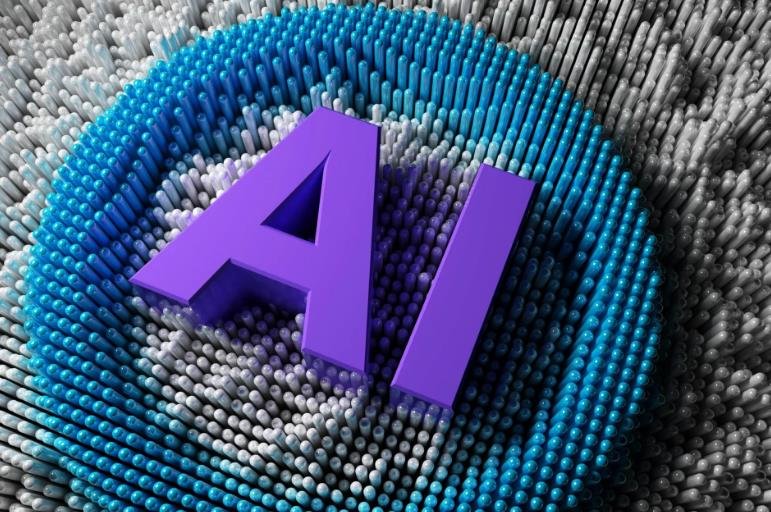Generative AI is a branch of artificial intelligence that can create new content from scratch, such as text, images, music, code, and more. It is powered by deep learning models that can learn from large amounts of data and generate novel outputs that are relevant and realistic. Generative AI has many applications in various domains, such as entertainment, education, healthcare, marketing, and more.
One of the sectors that is benefiting from generative AI is software as a service (SaaS), which is a business model where software is delivered over the internet and accessed by users on a subscription or pay-per-use basis. SaaS companies offer various solutions to customers, such as cloud computing, data analytics, customer relationship management, e-commerce, and more.

Generative AI helps SaaS companies create better products and services
One of the main advantages of generative AI for SaaS companies is that it can help them create better products and services for their customers. For example, generative AI can help SaaS companies:
- Generate high-quality content for their websites, blogs, social media, newsletters, and more. This can help them attract more visitors, engage their audience, and increase conversions. For instance, Copy.ai is a SaaS company that uses generative AI to help users write catchy headlines, slogans, descriptions, and more.
- Generate personalized and relevant recommendations for their users based on their preferences, behavior, and feedback. This can help them improve user satisfaction, retention, and loyalty. For example, Spotify is a SaaS company that uses generative AI to create personalized playlists, podcasts, and radio stations for its users.
- Generate new features and functionalities for their software based on user feedback, market trends, and competitive analysis. This can help them innovate faster, stay ahead of the competition, and meet customer needs. For example, Framer is a SaaS company that uses generative AI to help users design and prototype interactive web and mobile apps.
Generative AI helps SaaS companies reduce costs and increase efficiency
Another benefit of generative AI for SaaS companies is that it can help them reduce costs and increase efficiency in their operations. For example, generative AI can help SaaS companies:
- Reduce the need for human labor and expertise in certain tasks, such as content creation, data analysis, software development, and more. This can help them save time, money, and resources, and focus on their core competencies. For example, [Lobster] is a SaaS company that uses generative AI to help users find and license user-generated content from social media platforms.
- Reduce the amount of data and computing power required to train and run their AI models, by using techniques such as data augmentation, compression, and optimization. This can help them lower their infrastructure and maintenance costs, and improve their performance and scalability. For example, [Hugging Face] is a SaaS company that uses generative AI to help users build and deploy natural language processing models with less data and resources.
- Reduce the risk of errors, biases, and inconsistencies in their AI outputs, by using techniques such as quality control, validation, and verification. This can help them ensure the reliability, accuracy, and fairness of their AI solutions, and avoid potential legal and ethical issues. For example, [Synthesized] is a SaaS company that uses generative AI to help users create synthetic data that preserves the statistical properties and privacy of the original data.
Generative AI helps SaaS companies expand their market and reach new customers
A third advantage of generative AI for SaaS companies is that it can help them expand their market and reach new customers. For example, generative AI can help SaaS companies:
- Generate content and software in different languages, formats, and styles, to cater to different audiences, regions, and cultures. This can help them increase their global presence, accessibility, and diversity. For example, [Unbabel] is a SaaS company that uses generative AI to help users translate and localize their content and software in over 50 languages.
- Generate new and novel ideas, concepts, and designs, to inspire and delight their customers, and create new value propositions. This can help them differentiate themselves from their competitors, and attract new and niche segments. For example, [Artbreeder] is a SaaS company that uses generative AI to help users create and explore unique and realistic images of faces, landscapes, animals, and more.
- Generate new and alternative business models, strategies, and scenarios, to adapt and respond to changing customer needs, market conditions, and opportunities. This can help them optimize their revenue streams, growth rates, and profitability. For example, [GPT-3] is a generative AI model that can help SaaS companies generate business plans, pitch decks, marketing campaigns, and more.
Generative AI is a powerful and promising technology that can help SaaS companies create better products and services, reduce costs and increase efficiency, and expand their market and reach new customers. Generative AI is fueling the recovery and growth of European SaaS companies, as they leverage its potential to innovate, compete, and succeed in the post-pandemic era.
